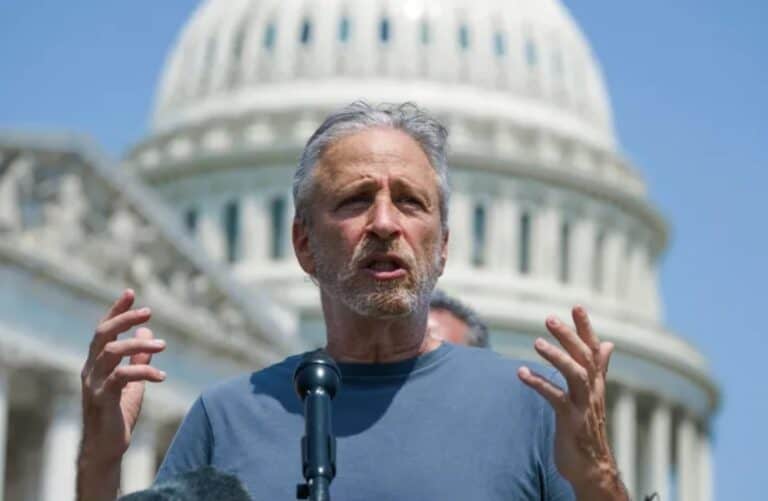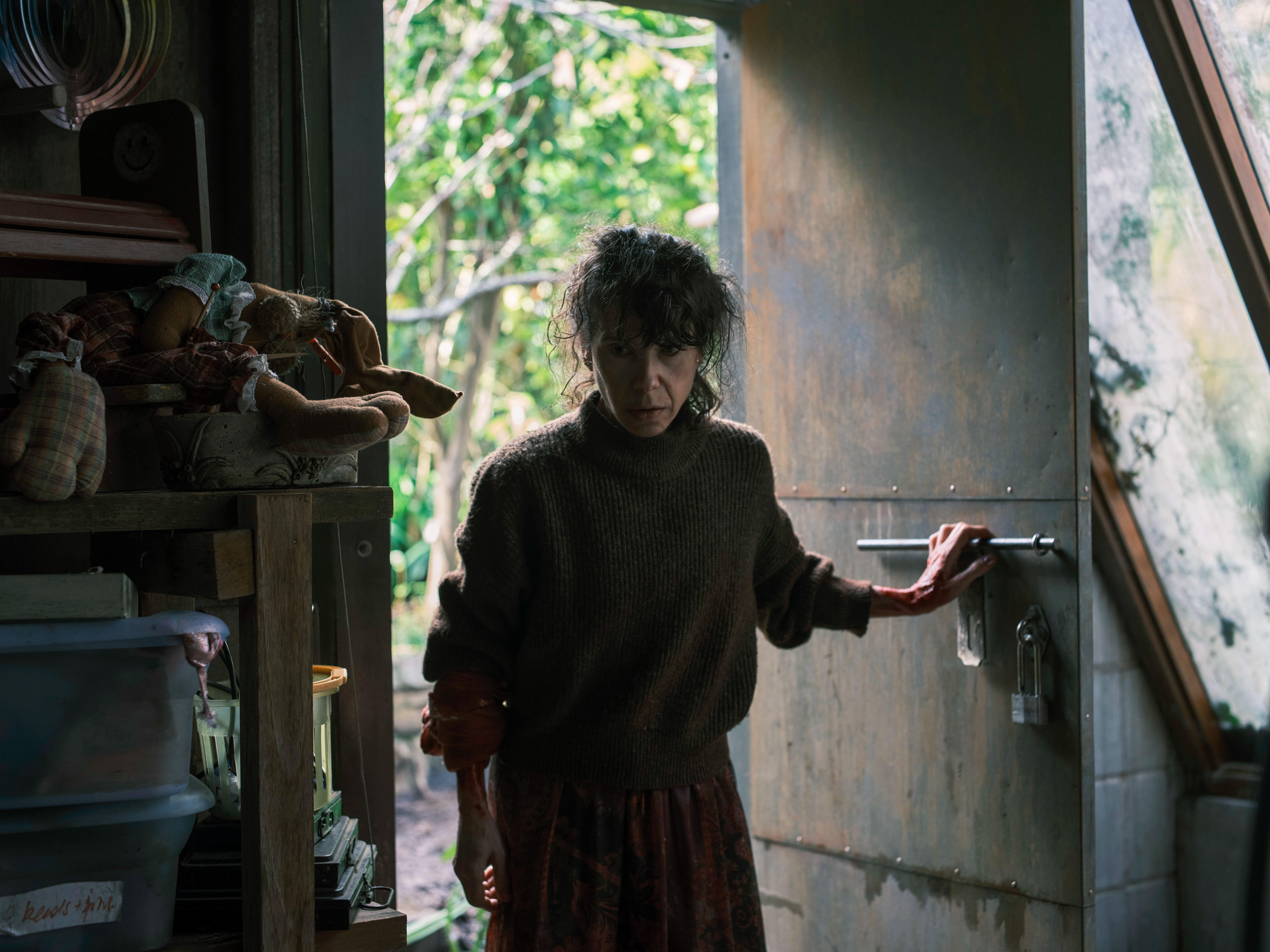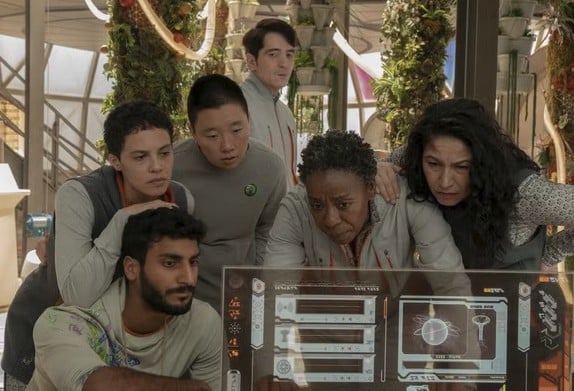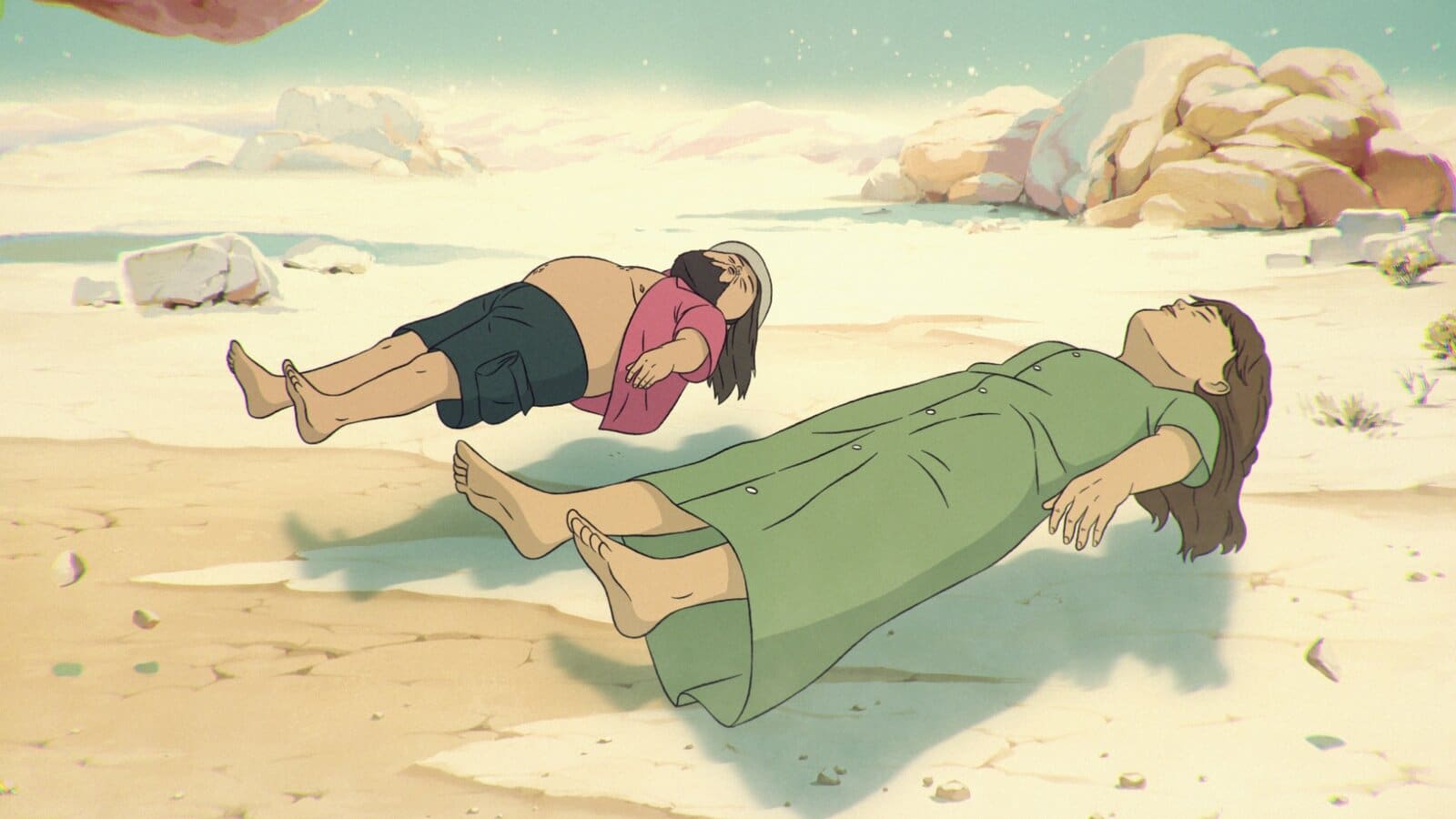“Evolution of Satire is traditionally the weapon of the powerless against the powerful.”— Molly Ivins
Comedy has the potential to be the great equalizer. And no one has wielded the power of humor as compellingly as Jon Stewart. The godfather of righteous outrage, the former MTV host was instrumental in bringing investigative comedy to mainstream television in the early 2000s through Comedy Central’s The Daily Show, infusing the late-night show with a political discourse that spoke truth to power while making complex socio-political issues digestible for a mass audience.
Since his departure from network television, variations of his brand of comedy — and the correspondents introduced to the world through The Daily Show — have dominated late-night and the Emmy’s variety show categories, from Stephen Colbert to John Oliver to Samantha Bee.
But Stewart is back and more timely than ever, and he’s evolved the brand in his new show, The Problem with Jon Stewart, this time on Apple TV+. If you sampled it in its first season, you might have been expecting the old Stewart — quicker, lighter segments with his merry band of “field correspondents,” followed by playful banter with a celebrity.

But The Problem isn’t as interested in easing you into sleep with easy laughs. Instead, it delivers an advocacy-based news magazine — where finding solutions is the driving force.
The show is a much-needed upgrade of what satire can be—one that doesn’t just point out the hypocrisies of the powers that be, but identifies a specific societal problem and sets out in search of answers, probing a range of experts, scientists, and industry insiders in lieu of celebrities.
In the second season, Jon delivers a more refined version of the show. “In the first season, my interviewing was a little less directed and focused. I think that made it much harder to be clear to the audience, “ he admits in a Vanity Fair interview. “It made it too meandering. It really was about pruning, taking out things that weren’t essential that muddled the point of view. How do we weed this garden and get it a little cleaner? I think season two is more successful in that regard.”
I couldn’t agree more. The first few episodes of the second season are more polished, streamlined, and purposeful. It’s a step in the ride direction and a necessary course correction to what already is a game-changing show.
An International Perspective
I come from a democratic country with autocratic tendencies, and watching Jon Stewart eviscerate media elites and politicians with humor has always been astonishing to me. Stuff like that just doesn’t happen here. The Philippines is the 7th deadliest country in the world for journalists, according to the Committee to Protect Journalists. I know, Stewart adamantly denies that he is a journalist, but a satirist and activist like him would fare much worse in this country.
From where I sit, The Problem with Jon Stewart is a necessary evolution of comedy for our times, a more urgent ‘activist satire’ that works as a delivery mechanism for change. The rest of the news programs and talk shows continue to focus on grievances. The real challenge is to come up with answers through civilized discourse. It’s an ambitious show, but Stewart has not been known to play it safe.
5 Episodes to Watch and Why
Barely into its second season, The Problem with Jon Stewart has already made an impact on political discourse and policy-making. To see why, watch these five episodes.
1: The Problem with War (September 30, 2021)
A longtime advocate for war veterans, Stewart has devoted a lot of time to championing causes that would improve healthcare access and funds for veterans and first responders. He was instrumental in the passage of the 9/11 Victim Compensation Fund, as after his impassioned speech before Congress went viral in 2019, the lawmakers had no choice but to sign it.

It made sense that he would begin his new series by talking about the plight of American veterans. His focus this time was on the exposure to toxic burn pits by soldiers deployed in Afghanistan and the Persian Gulf, and their difficulty in receiving health care. Stewart sits down with Secretary of Veterans Affairs Denis McDonough to push for answers. In essence the sequel to the 9/11 Victim Compensation Fund, the episode received a lot of attention. Stewart joined a vigil and spoke, along with the veterans and their families, at the House Triangle in Washington, D.C. After wide media coverage and public outcry, PACT Act, a bill that expands health care and benefits to burn pit victims, was signed.
2: COVID-19 Restrictions (October 14, 2021)
Released during the height of the pandemic, this episode struck a chord with many, as it provided a global perspective on what freedom means in the age of COVID. Jon sits down with political prisoners and exiles Filipina journalist Maria Ressa, Egyptian comedian Bassem Youssef, and Venezuelan activist Francisco Marquez to talk about how America views freedom, and what can be learned from countries living under repressive regimes.

The panelists shed light on the struggle to protect freedom and basic human rights daily in countries like the Philippines, Venezuela and Egypt, a sharp juxtaposition with how so many Americans view COVID restrictions as the curtailment of individual liberty.
Though they pointed out several differences between nations, they all agreed that freedom is not free. It requires courage, sacrifice, and collective action to flourish and thrive. Zeroing in on what needs to change, they discussed the need for guardrails on technology, social media, and algorithms that amplify misinformation.
The episode is an enlightening lesson about one of the most vaunted ideals, illustrating how easy it is for people to take their freedoms for granted, or worse, conveniently misrepresent entitlement and self interest as freedom in times of crisis.
3: Allies: Friends Without Benefits (November 4, 2022)
During the Afghan war, the U.S. government promised local interpreters who helped in their war effort a path to U.S. citizenship. But now that American troops have moved out of Afghanistan, the local interpreters were left behind—most of whom are facing retribution from the Taliban. In this episode, Jon asks Sen. Dick Durbin (Chair of the Senate Judiciary Committee) why it’s taking so long for the U.S. government to bring allied Afghan partners to America, and why Congress hasn’t passed a bill that will help speed up the process.
This episode hits close to home here in the Philippines, and made me revisit our country’s relationship with the U.S. One of America’s oldest allies in Asia, the country has been extremely loyal to this alliance (to a fault, in my opinion) and has contributed more than enough to the common defense of both nations. We have been dragged into wars we never started (Korean, Vietnam, Iraq, Afghan, etc.), and even if we didn’t necessarily agree to some of their justifications, our government supported the U.S. in all of its military exploits, because that’s what allies do. This is quite concerning because as an ally, I want to know if America will keep its end of the deal — especially now that China is threatening our sovereignty and way of life.
4: Chaos, Law, and Order (March 3, 2023)
Jon investigates how loosening gun restrictions endangers everyone, including law enforcement.

This is the episode in which Jon interviews Oklahoma state senator Nathan Dahm, an advocate for loosening gun laws — and it went viral. Viewed more than 8 million times on Tiktok and several million more across other platforms, Jon performed a masterclass in exposing gun politics hypocrisy by using Dahm’s argument against him. The highlight of the interview is when Jon asked whether Dahm’s support for banning drag queens from performing in front of children contradicts his support for complete gun rights.
“They can continue to exercise their free speech, just not in front of a child,” Dahm reiterated. “The government does have a responsibility to protect children.”
“What’s the leading cause of death among children in the country?” Jon asked. “And I’m going to give you a hint, it’s not drag show readings for children.”
Dahm answered that he presumed Jon would say firearms.
“I’m not going to say it like it’s an opinion. That’s what it is. It’s firearms. More than cancer, more than car accidents,” Jon responded. “And what you’re telling me is you don’t mind infringing free speech to protect children from this amorphous thing that you think of. But when it comes to children that have died, you don’t give a flying f*** to stop that because that shall not be infringed. That is hypocrisy of the highest order.”
It truly was a mic drop moment if ever there was one.
5: The Military Industrial Excess (March 10, 2023)
America’s foreign policy can be simplified to two prongs: It’s the world’s policeman and simultaneously its main arms dealer. Jon tries to find out if this strategy is sustainable and what drives the government to implement such a policy.
Sitting down with former U.S. Army General and CIA Director David Petraeus, they talk about the purpose of American military might and the “undefeated” military-industrial complex.
“It looks to me like we lost 20 years in Afghanistan, 20 years in Iraq, and the Pentagon got a raise. They got 50 billion more dollars than they even asked for,” Stewart stated. “There’s no oversight.”
Petraeus countered that the reason for the increased defense budget was because of the return of great power rivalries and the need to transform the military. “The security challenges facing the country currently are more complex and more significant than any that the U.S. has faced since the end of the Cold War in the early 1990s,” he added. “China represents the ‘biggest plate’ for the U.S. to keep track of, but other countries like North Korea and Russia also pose threats.”
Jon argued that the U.S. has had enough trouble taking care of its own people, citing the difficulty in passing the bill that expanded health care coverage for veterans exposed to burn pits. He also points out that countries where burn pits were used will bear deeper scars from them, causing toxic materials to get into the soil, air, and people. “We don’t ever reckon with the true reality of our intellectualized exercises in stability and democracy with the people on the ground,” he concluded.
Watching the episode was eye-opening for me. I partly agree with General Petraeus. Though I understand Jon’s frustration with the U.S. government’s current expansive foreign policy, unfortunately, I think there’s no other viable alternative at the moment. Throughout history, America has forged alliances all over the world to protect its interests. They have to honor those alliances, especially now that China is threatening the sovereignty and democracy of the U.S. allies in the Indo-Pacific region. Reneging on their commitments is tantamount to dereliction of duty. For instance, the Philippines and the U.S. are bound by a mutual defense treaty that was signed on August 30, 1951, in Washington D.C.. The accord contains eight articles and compels both countries to support each other if either were to be attacked by an external party. Our very existence is being threatened by China, so as a key ally, the U.S. has no other choice but to implement the accord. In a nutshell, the episode revealed to me that the U.S. government is trapped in a diplomatic and strategic dilemma of its own doing.
What to look for up ahead
Jon was spotted in the European Parliament in Brussels earlier this month and talked with controversial left-wing Irish MEP Mick Wallace. According to an Irish Green party parliamentary assistant, Jon has interviewed over 40 MEPs since his arrival. It was believed that The Problem was taping episodes about NATO’s involvement in the Ukraine war.
Whatever Jon has in store for us, we can rest assured that it will elicit a few laughs along with copious amounts of righteous indignation. As with all The Problem episodes, you come for the humor, you stay for the advocacy—as it should be.









Start a watercooler conversation: